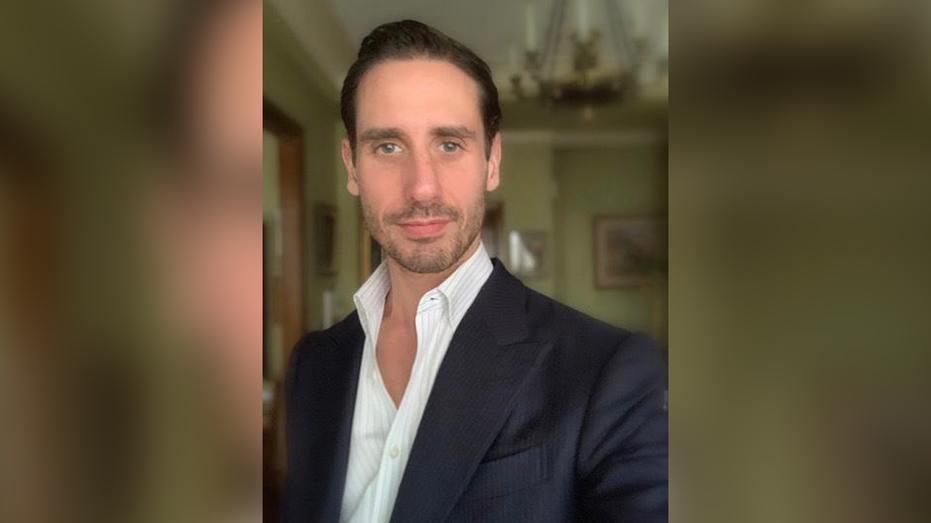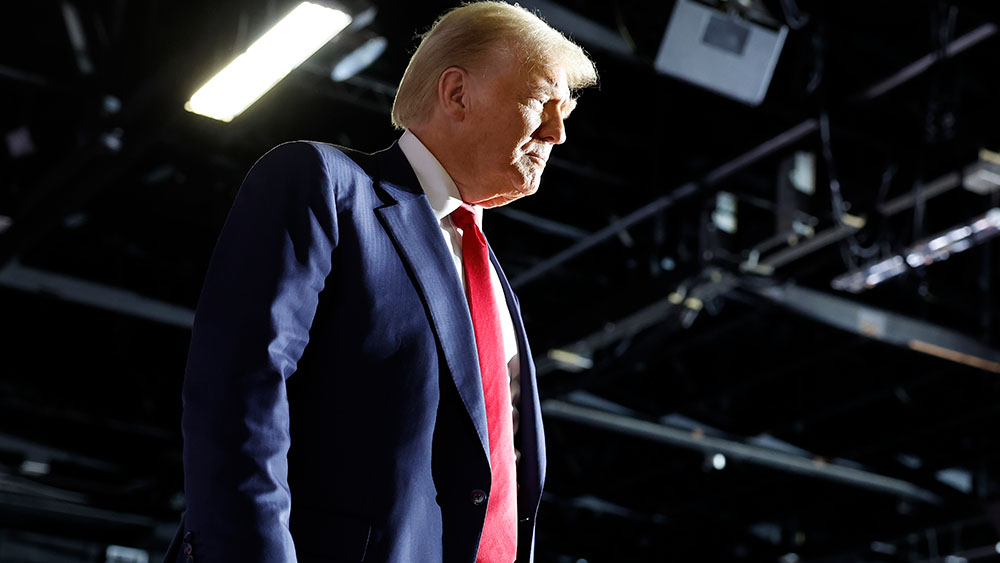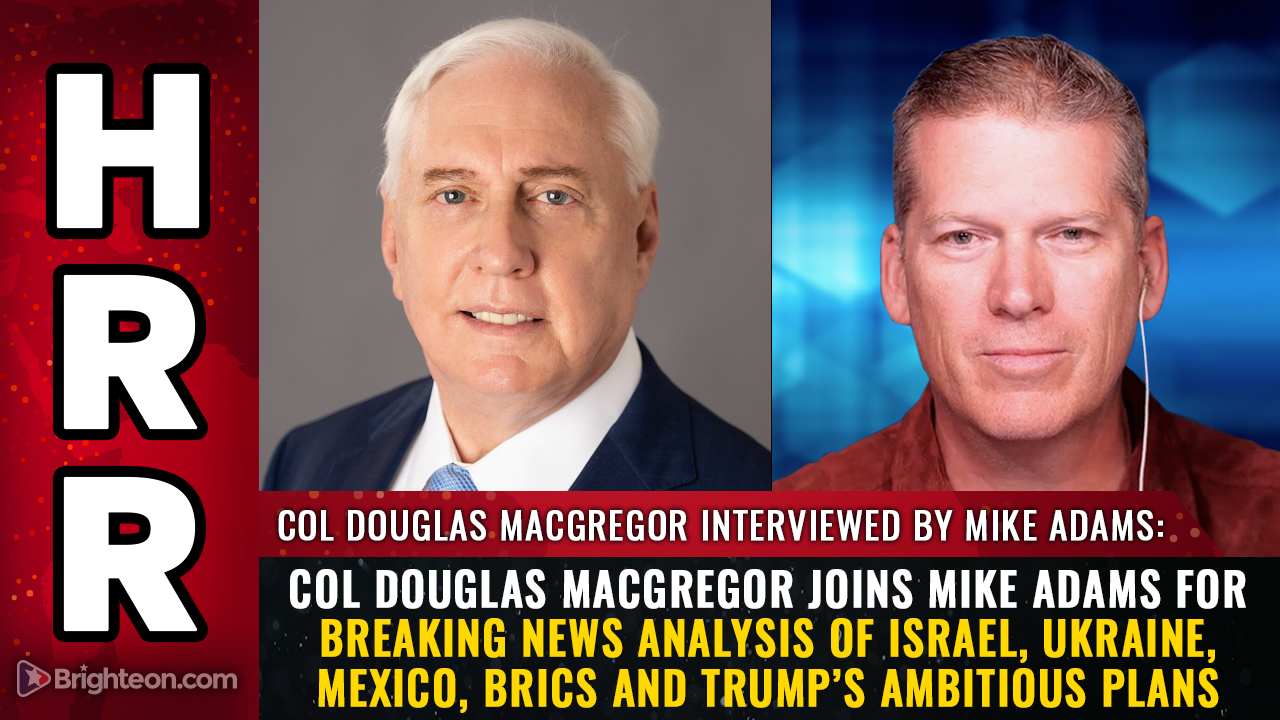The strange suicide of American conservatism
Conservatism in the American political spectrum is important, but Donald Trump's radical revolutionary ideas are a break from the traditional conservative values of Edmund Burke and G.K. Chesterton, leading to the demise of the Republican Party's ideology.

I am not now, nor have I ever been, a conservative.
Nonetheless, I think it’s useful, even important, that there be a conservative party in the American political spectrum.
British thinker, and originator of the “Father Brown” mysteries, G.K. Chesterton, described the utility of conservatives with tongue planted firmly in cheek: “The whole modern world has divided itself into Conservatives and Progressives. The business of Progressives is to go on making mistakes. The business of Conservatives is to prevent mistakes from being corrected. Even when the revolutionist might himself repent of his revolution, the traditionalist is already defending it as part of his tradition. Thus, we have two great types -- the advanced person who rushes us into ruin, and the retrospective person who admires the ruins.”
Progressives, Chesterton believed, are committed to change without always properly understanding its consequences. Conservatives are devoted to preserving the status quo without regard to its costs or benefits.
Chesterton summarized the utility of conservatism more seriously in his paradox of the fence: “In the matter of reforming things…there is…a paradox. There exists…. let us say…a fence…The more modern type of reformer goes gaily up to it and says, ‘I don’t see the use of this; let us clear it away.’ To which the more intelligent type of reformer will do well to answer: ‘If you don’t see the use of it, I certainly won’t let you clear it away...[W]hen you can…tell me that you do see the use of it, I may allow you to destroy it.”
“The…fence did not grow there…Some person had some reason for thinking it would be a good thing for somebody. And until we know what the reason was, we really cannot judge whether the reason was reasonable…nobody has any business to destroy a social institution until he has really seen it as an historical institution. If he knows how it arose, and what purposes it was supposed to serve, he may really be able to say that they were bad purposes, that they have since become bad purposes, or that they are purposes which are no longer served.”
The aversion to change around which Chesterton constructed his parable and paradox were central to the fountainhead of American conservatism, another British thinker and politician, Edmund Burke, who argued, “When ancient opinions and rules of life are taken away, the loss cannot possibly be estimated. From that moment, we have no compass to govern us, nor can we know distinctly to what port to steer.”
Donald Trump is not a conservative; quite the contrary, Trump is a radical revolutionary. He is not committed to Burke’s preservationist project but to overturning tradition and destroying institutions with no consideration of their history or utility.
Burke’s conservatism grew from his disgust at the excesses of the French Revolution. While the storming of the Bastille horrified Burke, Trump lauded the storming of the U.S. Capitol.
Nobody’s liberal, columnist Peggy Noonan underscored the reality, “…the second rise of Donald Trump is a total break with the past — stable order, healthy expectations, the honoring of a certain old moderation, and strict adherence to…the law aren’t being ‘traduced’; they are ending.”
In college I read a book titled “The Strange Death of Liberal England,” which argued that in the early 1900s, Britain’s parliamentary democracy was on the cusp of revolution and destruction, rescued only by World War I.
“This is… a record,” its author wrote, “…not of great events but of little ones, which, working with the pointless industry of termites, slowly undermined England's parliamentary structure until, but for the providential intervention of a world war, it would certainly have collapsed.”
Whatever the truth about English history, the suicide of American conservatism is even stranger.
Republicans allowed a revolutionary to seize control of their party without the peaceful equivalent of firing a shot. Through myriad small events and actions, conservative leaders collaborated in their own demise and in the demolition of their own cherished philosophy.
To cite one example, in recent days former Senate Republican Leader Mitch McConnell gave public voice to his antipathy to Trump and his policies.
Yet, during Trump’s second impeachment, in the aftermath of Jan. 6, McConnell had it in his power to end Trump’s political career, to save conservatism from the dustbin of history, and refused, based on a patently absurd and historically unprecedented technicality.
Another small example: Liz Cheney and Adam Kinzinger did not have to be the only House Republicans to join the Jan. 6 committee.
And so on.
The Republican Party lives on, but its animating ideology for most of the last hundred years is strangely dead, at the hands of, or at least with the connivence of, its leading adherents.
Mellman is president of The Mellman Group a political consultancy. Mellman served as pollster to Senate Democratic leaders for over 20 years. He is also president of Democratic Majority for Israel.











![How to Build Scalable Access Control for Your Web App [Full Handbook]](https://cdn.hashnode.com/res/hashnode/image/upload/v1738695897990/7a5962ce-9c4a-4e7c-bdeb-520dccc5d240.png?#)































































